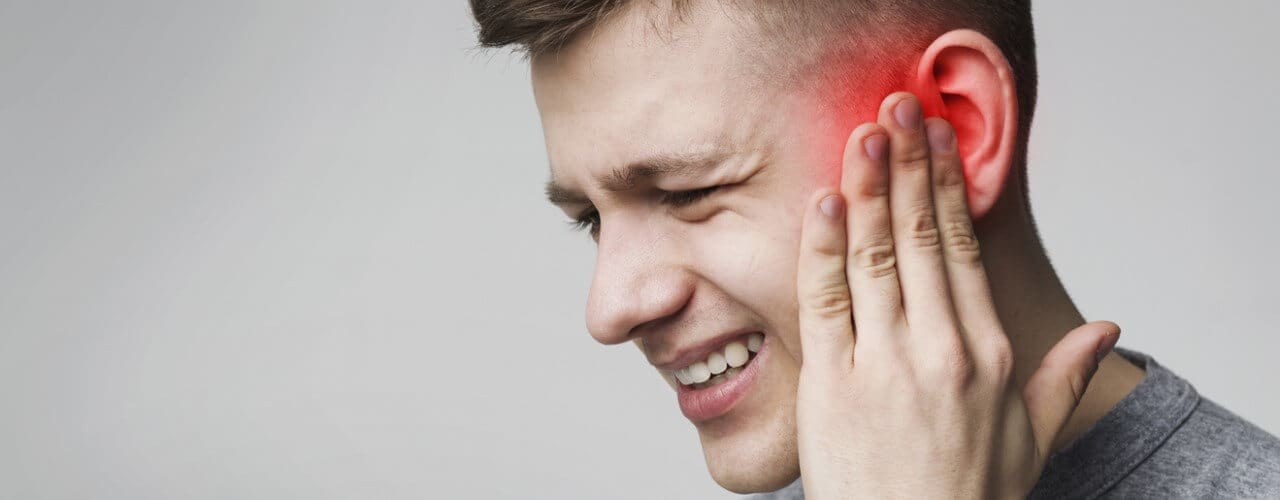How to treat ear pain
Pain in the ear is something that most of us will experience at some point. It is usually temporary and the strength of the pain can vary. If the pain has originated from inside the ear then it’s usually called ‘primary otalgia’ and if the source is outside then it’s ‘secondary otalgia.’ Ear issues are often the result of problems with the eustachian tubes – the thin tube that maintains pressure in each ear. There may be a number of different causes for ear pain and each one will require a different kind of treatment.
Ear pain – causes and treatments
- Otitis. This is an infection of either the inner or outer ear. If the inner ear is affected then the infection is usually viral in nature and will have upset the balance in the eustachian tube. An outer ear infection can be caused by something as simple as irritation from water or trying to clean the ears. Otitis causes ear pain as well as other symptoms such as problems with hearing, discharge, fever and a pressured feeling in the ear. Most ear infections will improve on their own – however, a bacterial ear infection may require antibiotics. Holding a cold or warm compress over the affected area can sometimes help.
- A sinus infection. This is a very common cause of ear pain – it is an infection of the network of air filled cavities in the skull. An ear infection (otitis) is often the reason for this type of infection but it can also be caused when the mastoid bone behind the ear is infected (mastoiditis) or by sinusitis, which is when the mucus-producing paranasal sinuses become infected. This is also a condition that will usually improve without medical treatment but may be helped by over the counter pain medication, rest and a cool or warm compress in the short term. If there is no improvement and pain continues then it may be necessary to see a doctor.
- Foreign objects. This is most commonly something that will affect children who may curiously insert foreign objects into their ears and get them stuck – this can cause ear pain. It can also be the trigger for other symptoms, such as hearing loss and an infection. Removing a foreign object from the ear usually requires a professional, steady hand. Attempting to do this yourself at home can actually push the object further into the ear.
- Temporomandibular disorder. This condition impacts the joints between the jawbone and the skull. Pain tends to start in the jaw and then travel to the ears and temples and may be accompanied by a locked jaw or clicking, popping or grinding noises when the jaw is being used or moved. This is a condition that tends to improve on its own and so there is usually no need to get specific treatment.
These are some of the most common reasons why children and adults tend to experience ear pain. Most are relatively easy to treat and will improve without the need for medical support. However, ear pain that persists for more than three days or is accompanied by other symptoms such as swelling, vomiting or dizziness may require professional intervention. Anyone with a condition such as heart disease or lung disease who starts to experience ear pain should also see a doctor.

